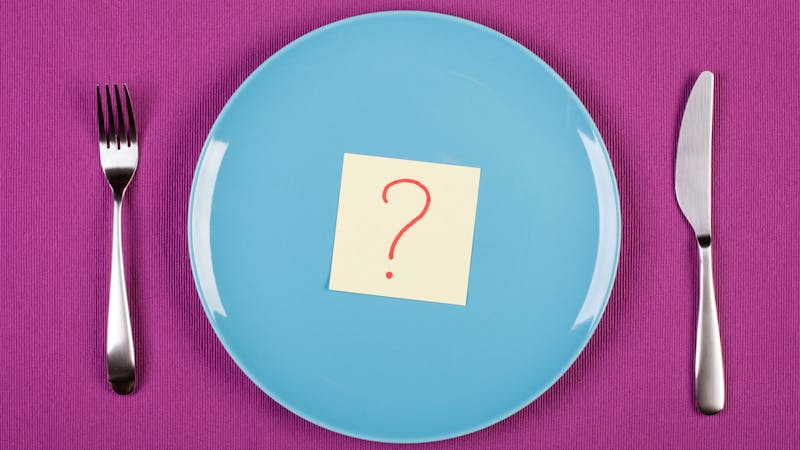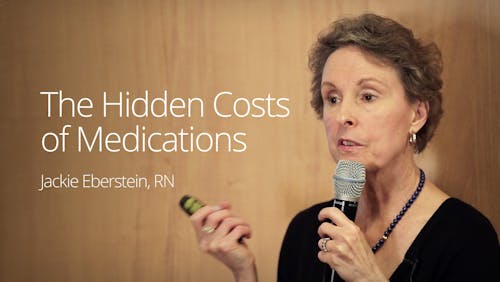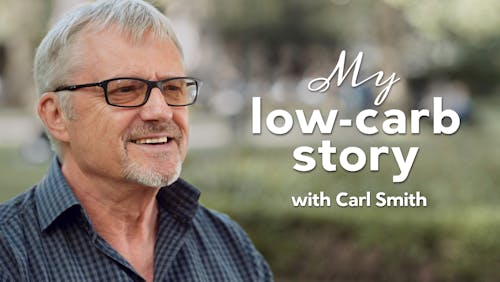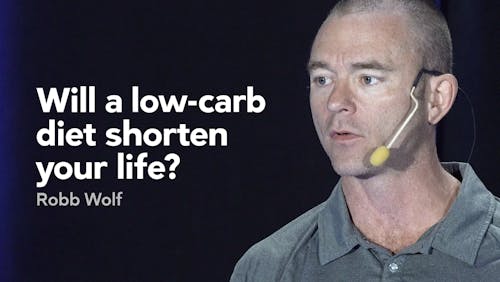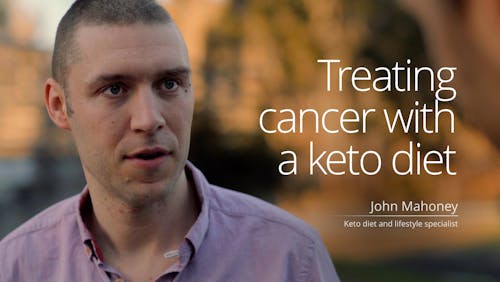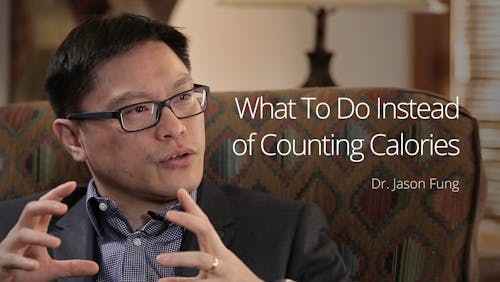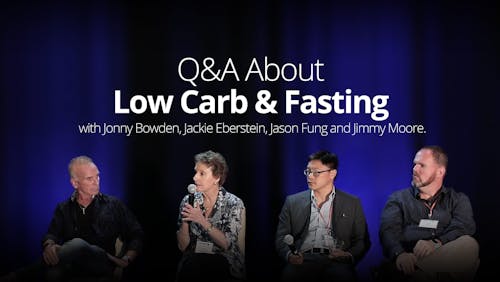Trouble-shooting fasting, part 1: Stress

While we are fasting most of the struggles that arise can be divided into three categories: stress, habits and physical side effects. In this week’s blog post we will break down stress and share some tips on how to get through the tough times.
Side effects of stress
Most people don’t understand the impact stress has on our bodies. Chronic stress can be just as detrimental to our health as a weekend binge eating junk food. Here are the most common side effects of stress:
- Slows down weight loss or causes weight gain
- Increases blood glucose levels
- Increases insulin secretion
- Can result in insulin resistance and metabolic syndrome
- Poor sleep quality or insomnia
Types of stress
Many people don’t realize stress can be both emotional and physical. People are usually aware when they are under emotional stress but are often confused about what physical stress is. I see this in the clinic when a person is recovering from surgery or infection and their blood sugar levels go up. I tell them it’s because their bodies are under stress, which often leaves them feeling confused.
“But what do you mean? I feel happy!” they say. Well, I am happy they are happy, but their body is not. It is under stress recovering from the trauma of the surgery or infection. It can have the same impact and hormonal response as emotional stress.
Also, many people don’t realize that emotional stress can be caused by happy circumstances, too. Situations like planning a wedding, going on a vacation, or having beloved guests visits from out of town are all wonderful things, but they are also very stressful.
Even as I write this blog post, I am stressing out about my father-in-law getting into town tomorrow for 10 days, and I love my father-in-law. And despite the fact he is a great houseguest and we are looking forward to his visit, I am still stressed out. I need to wash the guest room bedding but don’t have time. Do we have clean towels? Is there enough food for him? Last time he came to visit I completely forgot that he eats breakfast and we don’t.
Most people find it impossible to fast during stressful periods of time and blame themselves for failing to stick with it. It is important to remember that stress causes the body to secrete the hormone cortisol to help us cope. And it is the cortisol that contributes to making you feel hungry, crave sweets and starches, gain weight, and have elevated blood sugar levels. It has nothing to do with your personality or willpower.
When it comes to eating food, we can choose what we put in our mouths and when. We can choose to eat cake or eat steak. We can choose to grab a handful of nuts for a snack even when we don’t feel hungry. But we can’t always choose when we experience stress.
Stress can be acute or chronic. Acute stress is usually the result of short-term circumstances, such as burning a finger on the stove or having a urinary tract infection. It is disruptive in the moment but resolves itself in a day or so. In this case, don’t deviate from your fasting routine for longer than a day or two.
Chronic stress, such as taking care of a sick loved one or recovering from major surgery, usually lasts for weeks, months or even years. Often our bodies will somewhat acclimate to the stress after a few weeks, and we manage to get back to our fasting routine.
Tips on managing stress
I never pressure anyone to fast during a period of extreme stress. Instead, I encourage people to do what they can to limit the amount of damage stress can do to their bodies. Below are some of my top tips for getting through stressful periods.
- Fat fast instead. Fat fasting can help you maintain control over your appetite, blood sugar levels, and waistline.
- Avoid snacking. If you can’t control what you eat, try to control when you eat. Stick to eating two or three meals a day but avoid grazing in between or before bed.
- Take 10 deep breaths. Try sitting still with your eyes closed and feet firmly planted on the floor and take 10 deep breaths anytime your stress levels get so high you want to order a pizza.
- Meditate. Download a meditation app, such as Headspace or Calm, to do a short meditation to help relax your system.
- Exercise. Hit the gym or the yoga mat and get moving to get the endorphins flowing. Even going on a short walk can help relax your system.
Summary points
- Stress can be both emotional and physical
- Emotional stress can be due to both positive and negative circumstances
- Physical stress can cause similar reactions in the body as emotional stress, which can slow down our weight loss efforts, increase our blood sugar levels, and cause disease and weight gain
- Some examples of physical stressors are recovering from surgery, injury or infection
- Stress can be acute (short-term) or chronic (long-term)
- Acute stress only causes us to deviate from our fasting routines for a day or two
- Chronic stress is something that causes us to stray from our routines for a few weeks, but our bodies often acclimate to the circumstances and get back on track when things have settled
- Fat fasting, eating proper meals, deep breathing, meditation and movement are all great ways to get stress under control
Also published on idmprogram.com.
Intermittent fasting
Weight loss
Keto
Intermittent fasting
Note
The post above has also been published on idmprogram.com.


